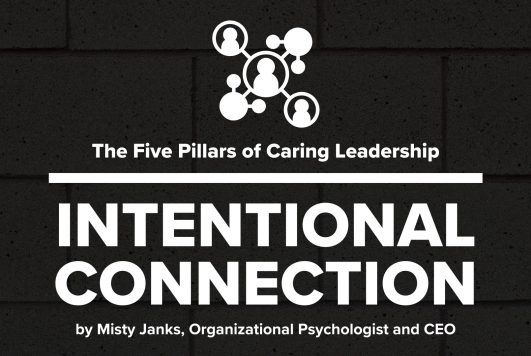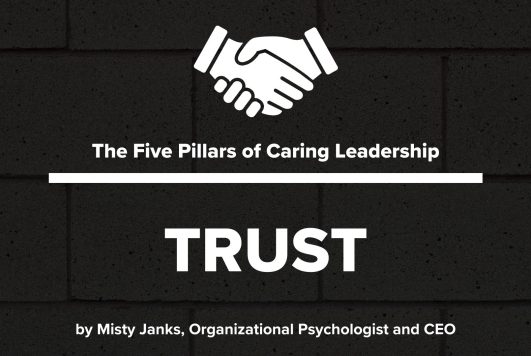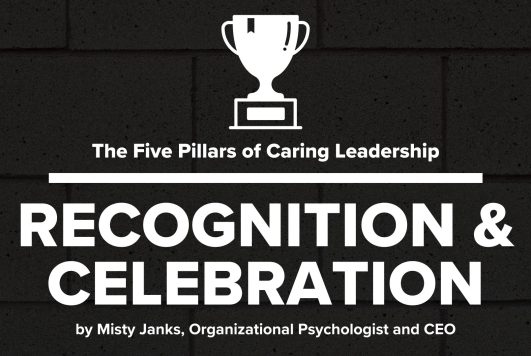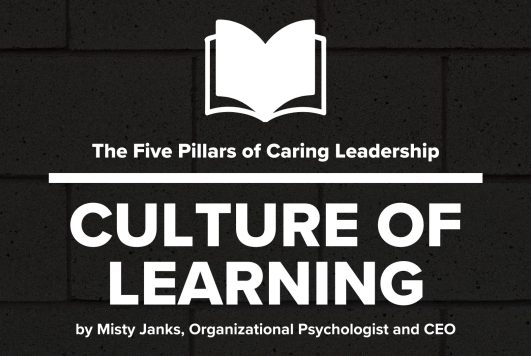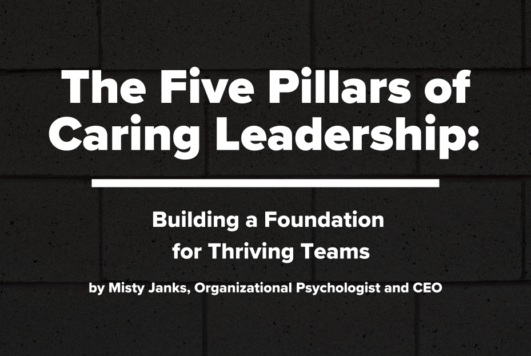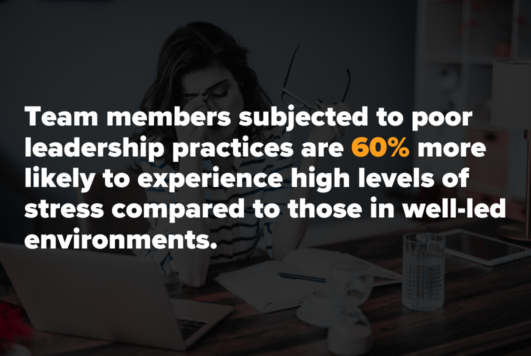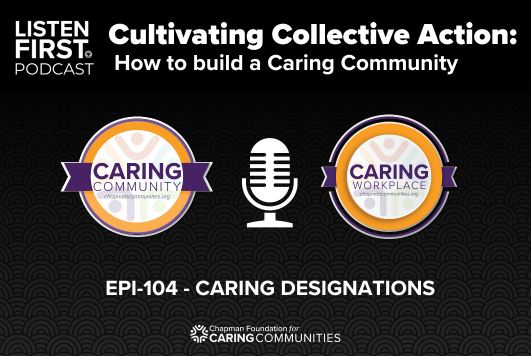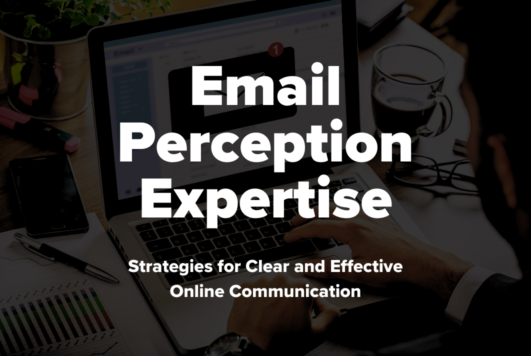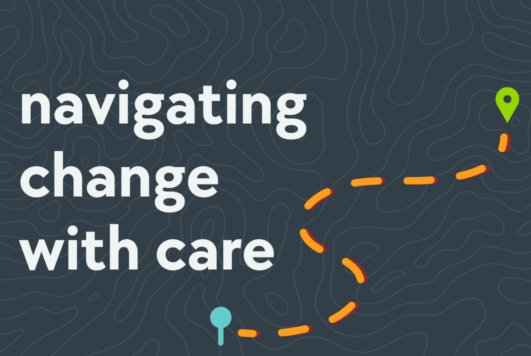The Five Pillars of Caring Leadership: Intentional Connection
In today’s fast-paced and often transactional work environment, the human aspect of leadership can easily be overlooked. However, the most effective and inspiring leaders are those who understand the profound impact of building meaningful connections with their team members. Caring leadership serves as the foundation for fostering these connections. When leaders lead with care, they create an environment where relationships thrive, trust is built, and team members feel truly valued.
